At the Vein Institute of NJ, we realize people may not be familiar with the blue- or purple-colored veins appearing on their legs. While spider veins and varicose veins are better known, reticular veins are less common. They tend to be smaller than varicose veins and non-protruding on the skin, but yet they do create[…]
Sclerotherapy is just one of the effective ways to eliminate unsightly spider veins. Its extensive track record as a therapy is a testament to its success as a spider vein removal treatment.
October is Medical Ultrasound Awareness Month, and we want you to know the important role diagnostic medical sonographers play in the medical community, and how they support our Noninvasive Vascular Laboratory at The Cardiovascular Care Group.
As a follow-up to our previous hemodialysis post regarding the difference between an arteriovenous fistula (AVF) and an arteriovenous graft (AVG), this article focuses on understanding hemodialysis access problems and the important role a vascular surgeon plays in not only creating dialysis access, but in maintaining,[…]
For those who are currently receiving hemodialysis or may have to begin treatment soon, you should know about the two preferable types of access creations available and how and when they are decided upon.
Venous Reflux sounds like a title of an ominous science fiction novel. But this disease is real and quite common. Venous insufficiency is a chronic condition where there is inadequate return of blood from the veins in the leg back to the heart. The good news is that it is benign and treatable and something we are[…]




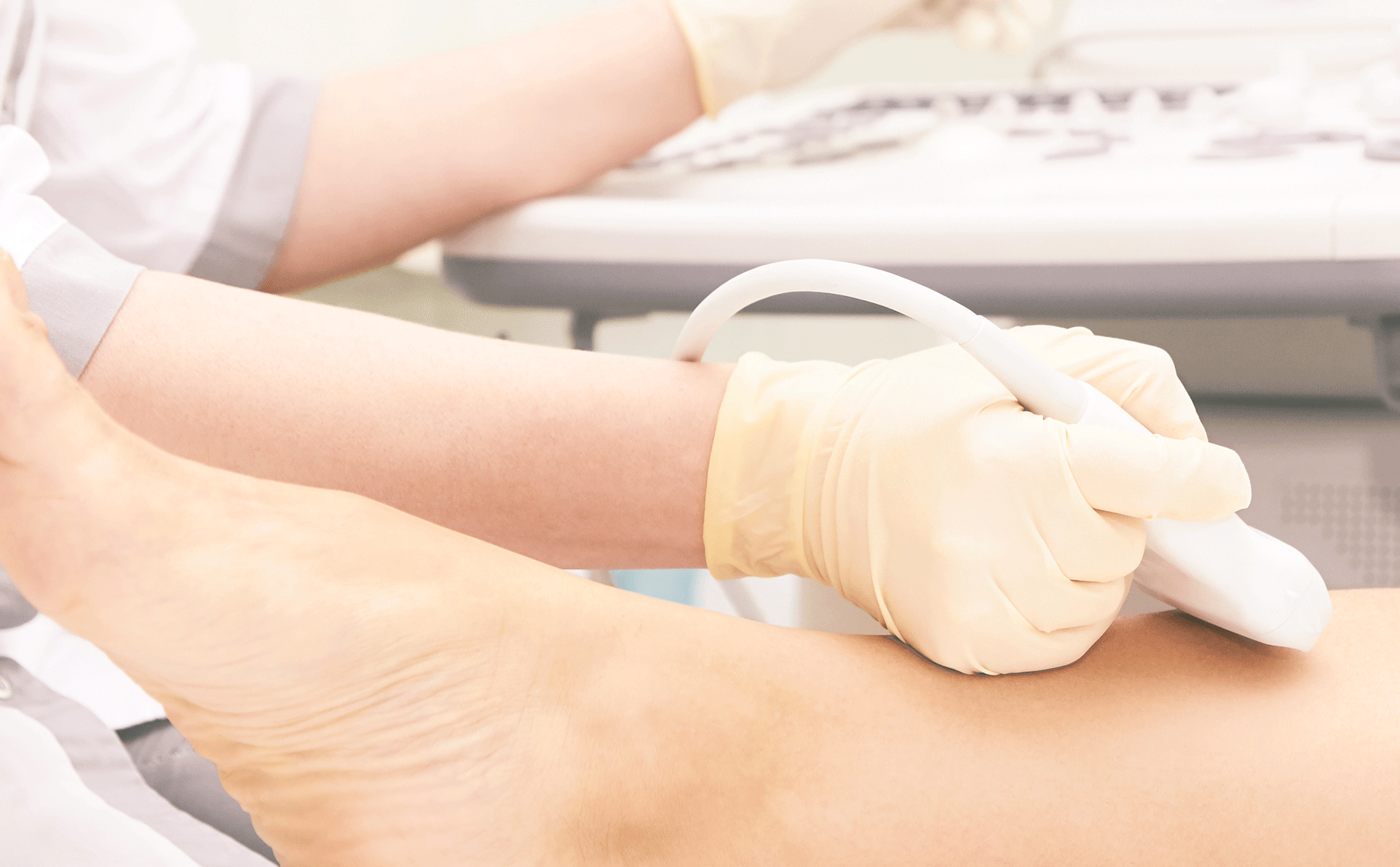
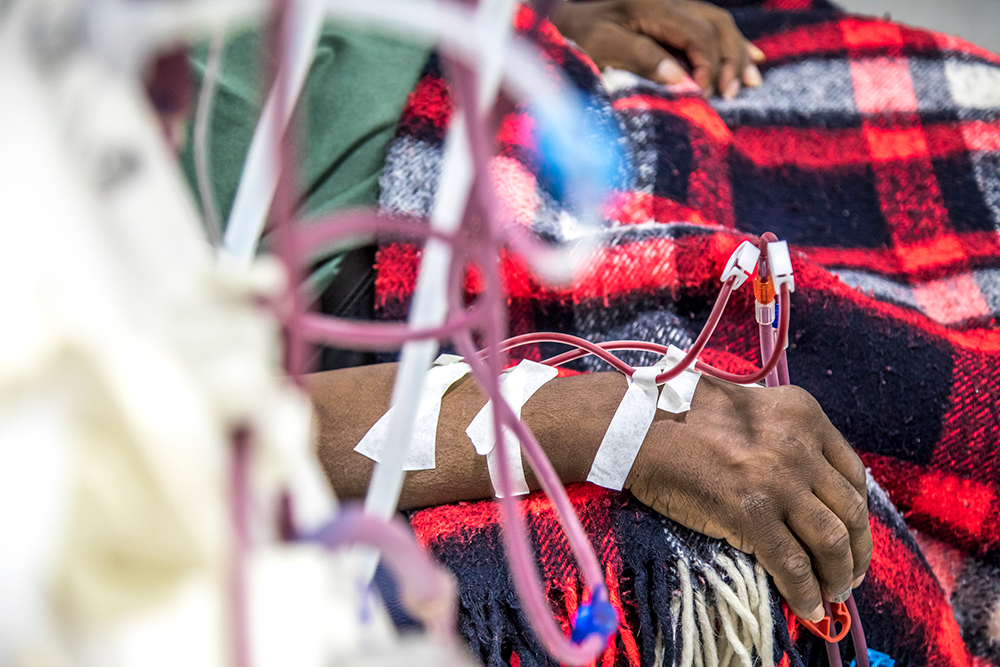

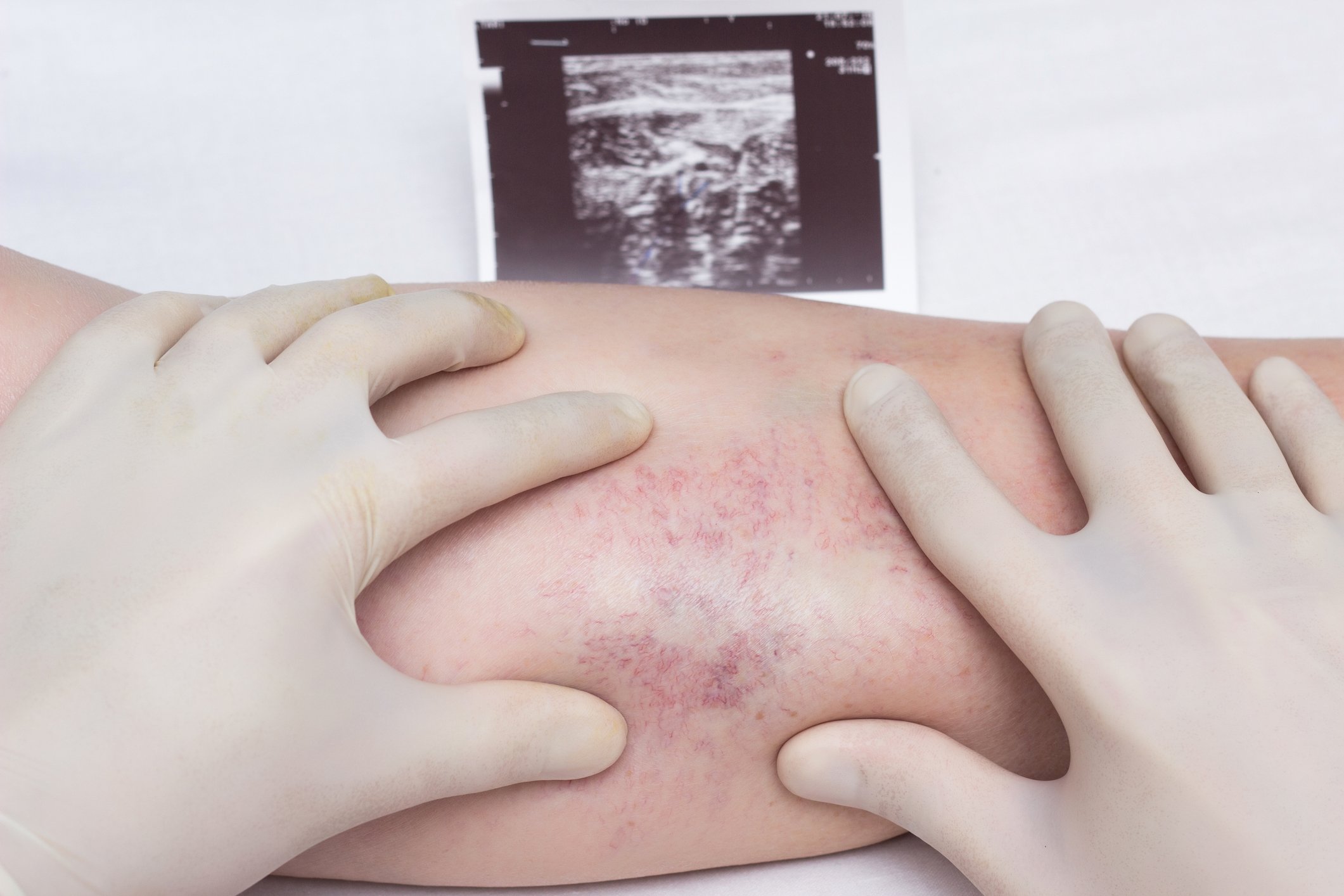



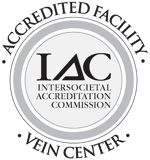
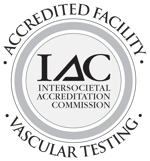
.jpg?width=944&name=Castle-Connolly-Top-Doctors-Emblem-Large%20(4).jpg)